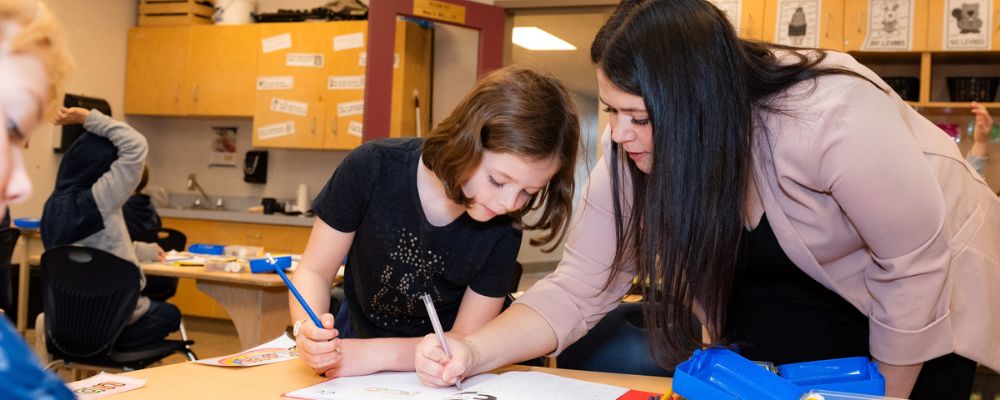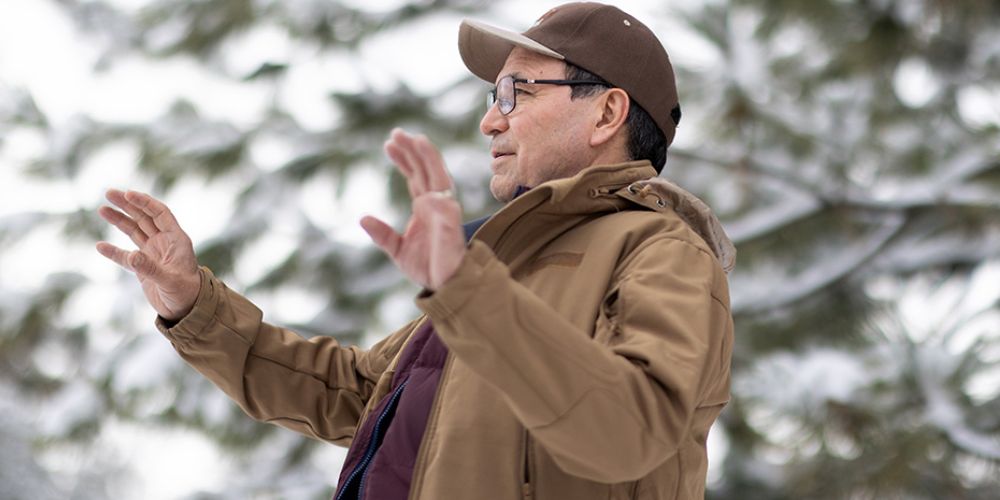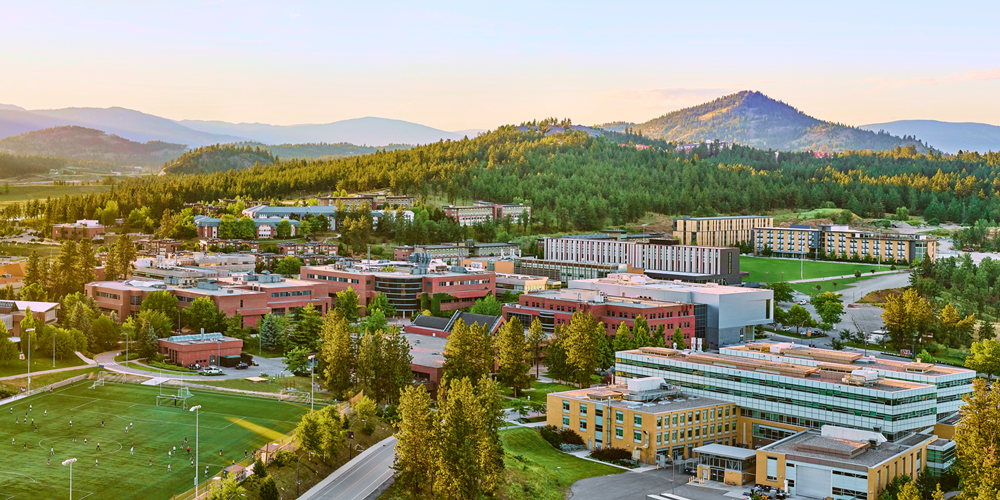Degrees & Programs
Theory and Practice in Additional Language Teaching and Learning
Designing Inquiry Driven Learning Experiences
Exploring Hands-On Classroom Gardening as STEAM Curriculum
The Fundamentals of Inclusive Education
EDST_O 498-P: Apprentissage par enquête
Social Studies Methods
Literacy for Diverse Learners in the Elementary Grades
AI for Educators
Gaming and Educational Values
Quand les arts racontent l'école: le cas des transfuges de classe




